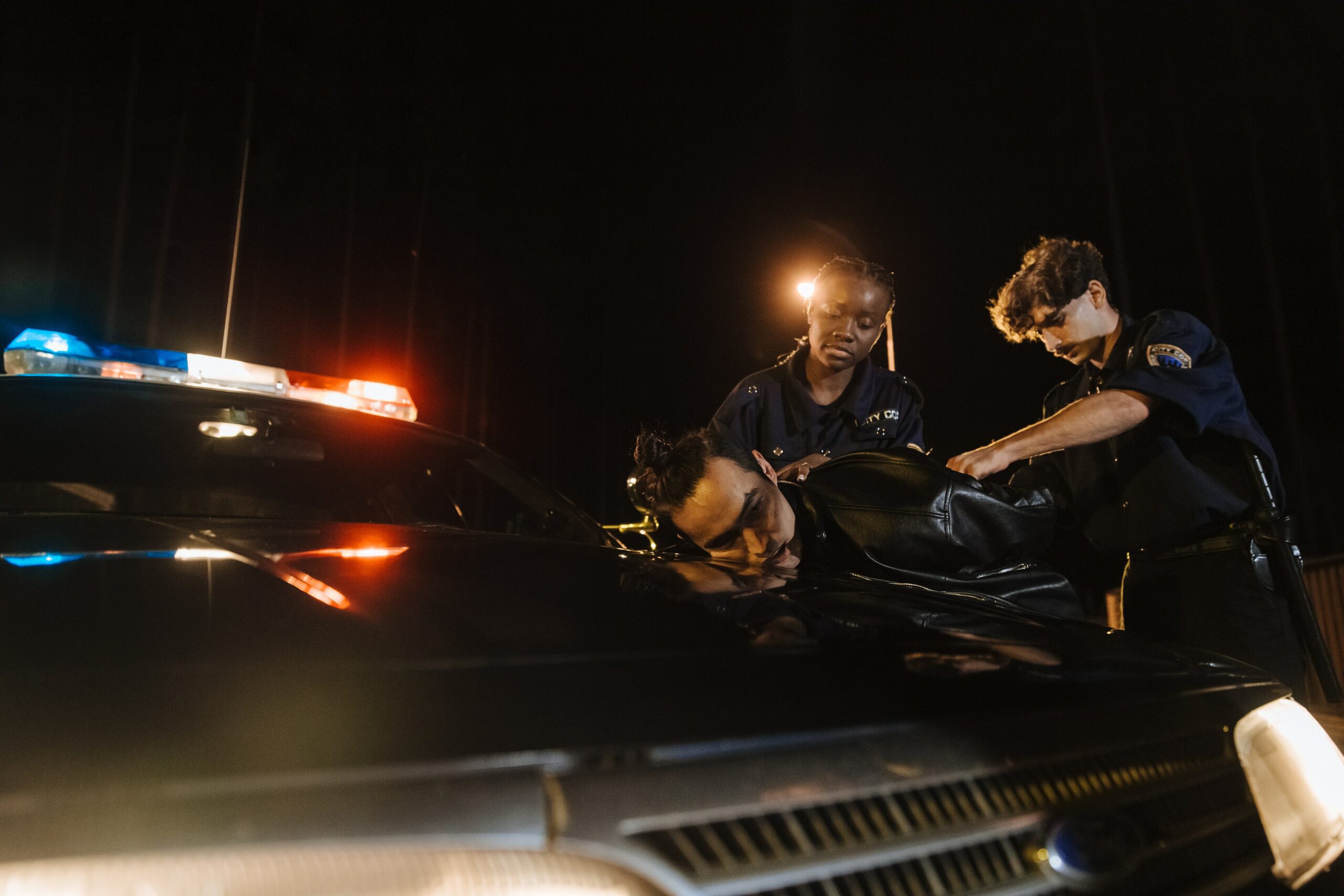For a country with such an intricate system of checks and balances designed to neutralize undue power, the existence of an executive pardon power may seem odd; it may even seem archaic. But things aren’t always what they seem, and there’s more to this fascinating form of clemency than first meets the eye. Curious about [...]
Grappling with Gun Violence: Sobering Statistics Of U.S. Weapons Crime
Murder was once an intimate act, requiring cold commitment and a concerted effort. Whether it was the twist of a knife, the thrust of a sword, or the loosing of an arrow, there was little to no disconnect between assailant and victim. As such, murder was far more infrequent than it is today. However, with [...]

Clearing Up Clemency In New Jersey; A Definition & Overview
Immeasurable amounts of time, money and effort have been poured into the creation and implementation of laws at the city, state and federal levels. In legal matters, there’s truly nothing that hasn’t been considered; the severity of punishment for a crime is anything but arbitrary. However, there will always be controversy surrounding criminal matters, their [...]
Honing In On Homicide: The 4 Types Of Unlawful Homicide In New Jersey
The voluntary, unlawful taking of a human life is considered to be among the most heinous of crimes. While countless films, tv shows, news stories and videogames have desensitized the populace to murder and other criminal forms of homicide, the genuine article is as tragic and terrible as it ever was. Though different states often [...]
Terroristic Threats in New Jersey: A Zero Tolerance Policy
When you hear the word terrorist, you likely picture sinister forces that impinge upon our national security. Further popularized by thrilling suspense novels and movies, terrorists have become synonymous with shadowy, menacing figures from foreign soil, threatening the U.S. on grounds of radical religious fervor. But actual terrorism is far more common, domestic and realistically [...]
3 Contributing Factors Leading To Holiday Domestic Violence
Though temperatures are steadily falling, tempers may be on the rise; for couples in unstable relationships and families already experiencing emotional turbulence, the holiday season can be a gauntlet of angry outbursts and anxiety rather than a cushion of comfort and joy. Peak heating costs, the financial pressure of presents, and the weight of expectation [...]

How To Avoid A DUI This Holiday Season
If you enjoy a drink or two around the holiday season, you can hardly be blamed. But if you need to drive home after a night of Christmas carousing, you better think before you drink. There’s a fine line between sober and sloppy - one that’s clearly delineated in the state of New Jersey. So [...]
The Price for Shoplifting in New Jersey – 4 Degrees
Though the days may be merry and bright this holiday season, all that light can cast some long, dark shadows. Crime statistics are known to increase over the holidays, most particularly in the area of theft. While theft during this time can take many forms, one of its most common expressions is shoplifting, as the [...]
Exposing The Seriousness Of Stalking With Catanzaro Law
The word “stalker” has been trivialized by teen lingo and silver screens, divorced from danger and urgency by a sensationalized familiarity. However, the public’s misguided perception of stalking is sharply contrasted by its frightening reality, relevance and gravity. What may at first seem like creepy annoyance or light harassment can in fact be the beginnings [...]
Why You Should Never Hit And Run
Though the idea of avoiding consequences is enticing, it always leads to compounding complications further down the road. This couldn’t be better exemplified than in the case of a car accident. Because car accidents can often result in high out-of-pocket payments and soaring insurance premiums, the temptation to flee the scene is especially powerful, reinforced [...]